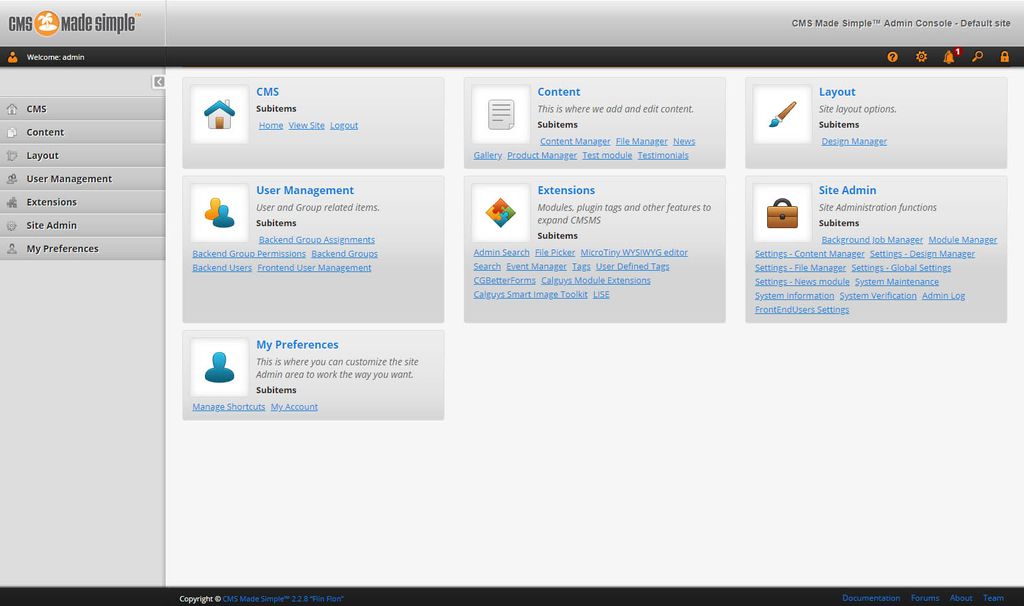
In today's digital age, email has become an essential communication tool for law professionals. However, with the increasing volume of emails received and sent, it can be challenging to stay organized and efficient. That's why having a system in place to organize your law professional emails is crucial. This article will explore the importance of email organization, provide tips for creating an email management system, discuss developing a consistent email workflow, and offer advice for efficient email communication.

Poor email organization can lead to a variety of negative outcomes. Emails may get lost or overlooked, resulting in missed deadlines or important information being overlooked. It can also lead to a cluttered inbox, making it difficult to find specific emails when needed. Additionally, poor email organization can hinder effective communication and collaboration with colleagues and clients. Without a clear system in place, important emails may be buried among irrelevant ones, causing delays in response times and potentially damaging professional relationships.
Effective email organization provides several benefits that can greatly improve your productivity and efficiency. By organizing your emails, you can:
Save time: With a well-structured email management system, you can easily locate and access important emails without wasting time searching through a cluttered inbox.
Reduce stress: A cluttered inbox can be overwhelming and cause unnecessary stress. By organizing your emails, you can create a sense of order and reduce the mental burden of managing a chaotic inbox.
Improve communication: When your emails are organized, you can respond to important messages in a timely manner and ensure that nothing falls through the cracks. This can help you build better relationships with clients, colleagues, and other contacts.
Enhance professionalism: An organized email system reflects professionalism and attention to detail. It shows that you value your time and the time of others, which can leave a positive impression on recipients.

Setting up folders and labels is an essential step in organizing your law professional emails. By categorizing your emails into different folders and applying labels, you can easily locate and manage your emails based on their importance or topic. Here are some tips to help you set up an effective folder and label system:
Implementing a well-structured folder and label system can save you time and ensure that important emails are not overlooked. Remember to regularly review and update your folders and labels to keep your email organization system efficient and up to date.
Implementing filters and rules is a crucial step in creating an efficient email management system. Filters allow you to automatically sort incoming emails based on specific criteria, such as sender, subject, or keywords. By setting up filters, you can ensure that important emails are prioritized and easily accessible, while less important ones are organized in separate folders. Rules, on the other hand, enable you to automate actions for certain types of emails. For example, you can set a rule to automatically mark emails from specific senders as read or move them to a designated folder. By utilizing filters and rules effectively, you can streamline your email workflow and save valuable time.
Email search functions are a powerful tool for quickly finding specific emails or information within your inbox. Whether you need to locate a particular email from a client or search for a specific keyword, email search functions can save you time and effort. By using search operators and filters, you can narrow down your search results and find what you're looking for more efficiently. Here are some tips for effectively utilizing email search functions:

When it comes to managing your inbox, prioritizing emails is crucial. By assigning priority levels to your emails, you can ensure that you address the most important ones first. This helps you stay organized and focused on the tasks that require immediate attention. Here are some tips for effectively prioritizing your emails:
Once you have read and prioritized your emails, it is important to respond to them in a timely manner. Responding promptly shows professionalism and helps maintain good communication with clients and colleagues. After responding, it is crucial to archive the email to keep your inbox organized and clutter-free. Archiving allows you to easily find past conversations and reference them when needed. Here are some tips for responding and archiving emails:
When it comes to dealing with unread emails, it's important to have a systematic approach. Here are some tips to help you stay on top of your inbox:
Prioritize: Start by sorting your emails based on urgency and importance. Address the most critical ones first.
Set aside dedicated time: Allocate specific time slots in your schedule to focus solely on reading and responding to unread emails.
Use email flags or stars: Mark important emails that require follow-up or further action with flags or stars to ensure they don't get overlooked.
Archive or delete: Once you have read and addressed an email, consider archiving it or deleting it to keep your inbox clutter-free.
Unsubscribe from unnecessary subscriptions: Reduce the influx of unread emails by unsubscribing from newsletters or mailing lists that are no longer relevant to you.
Take breaks: It's essential to take breaks from your email to avoid feeling overwhelmed. Step away from your inbox periodically to recharge and maintain productivity.

When writing emails, it is important to keep the content clear and concise. This ensures that the recipient can easily understand the message and take the necessary action. To achieve this, consider the following tips:
Remember, the goal is to communicate effectively and efficiently through your emails. Keep the paragraphs short and focused, and avoid including unnecessary information. By following these guidelines, you can ensure that your emails are clear, concise, and easily understood by the recipients.
Email templates are pre-designed email formats that can be used to save time and ensure consistency in your email communication. They are especially useful for repetitive tasks such as sending out meeting invitations, responding to common inquiries, or providing updates on ongoing projects. By using email templates, you can streamline your email workflow and reduce the time spent on composing similar emails from scratch. Additionally, email templates can help maintain a professional tone and ensure that important information is included in every email.
Managing your email inbox can be overwhelming, especially when you receive a large volume of emails on a daily basis. To avoid email overload and maintain productivity, consider implementing the following strategies:
In conclusion, organizing your law professional emails can greatly improve your productivity and efficiency. By implementing the strategies outlined in this article, such as creating folders, using filters, and setting up email rules, you can easily manage your inbox and find important information quickly. Streamlining your email workflow will save you time and reduce stress, allowing you to focus on your legal work. Remember to regularly declutter your inbox and stay organized to maintain an efficient email system. Take control of your email communication and enhance your professional productivity today!
To organize your law professional emails effectively, you can create folders and labels, implement filters and rules, and utilize email search functions.
Effective email organization for law professionals can lead to improved productivity, easier access to important information, faster response times, and better overall communication.
Poor email organization can result in missed deadlines, lost important information, increased stress, decreased productivity, and potential professional and ethical issues.
As a law professional, it is recommended to prioritize emails based on urgency, importance, and relevance to ongoing cases or projects. Setting up specific criteria and using email flags or markers can help in determining the priority of emails.
Yes, there are various tools and software available that can assist with email organization for law professionals. Some popular options include Microsoft Outlook, Gmail, and email management software like Mailbird or Hiri.
To avoid email overload, it is important to establish clear boundaries and expectations regarding email communication, unsubscribe from unnecessary mailing lists, utilize email filters and rules, and regularly declutter and organize your inbox.